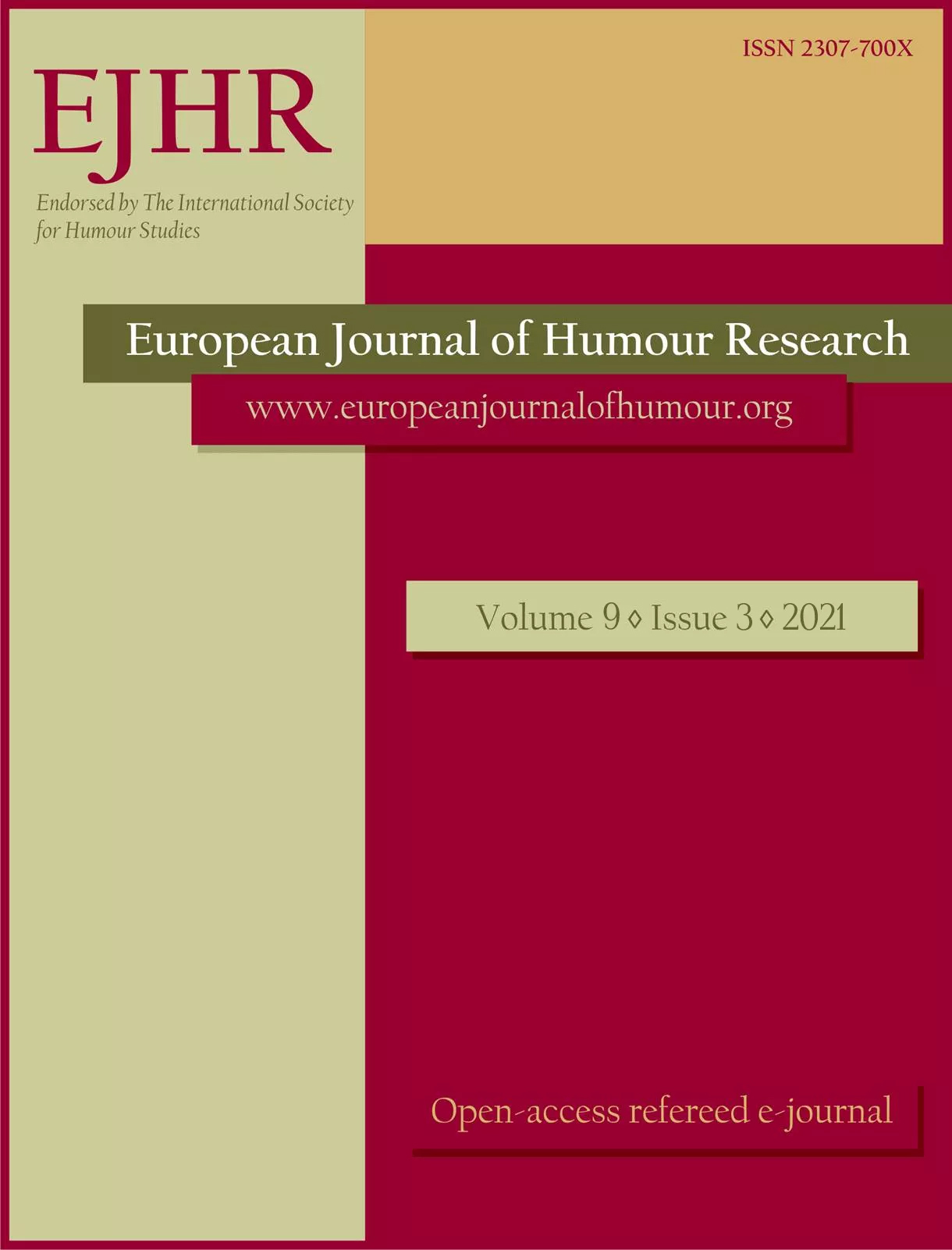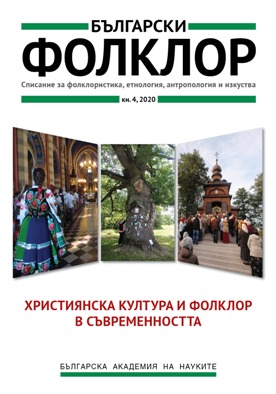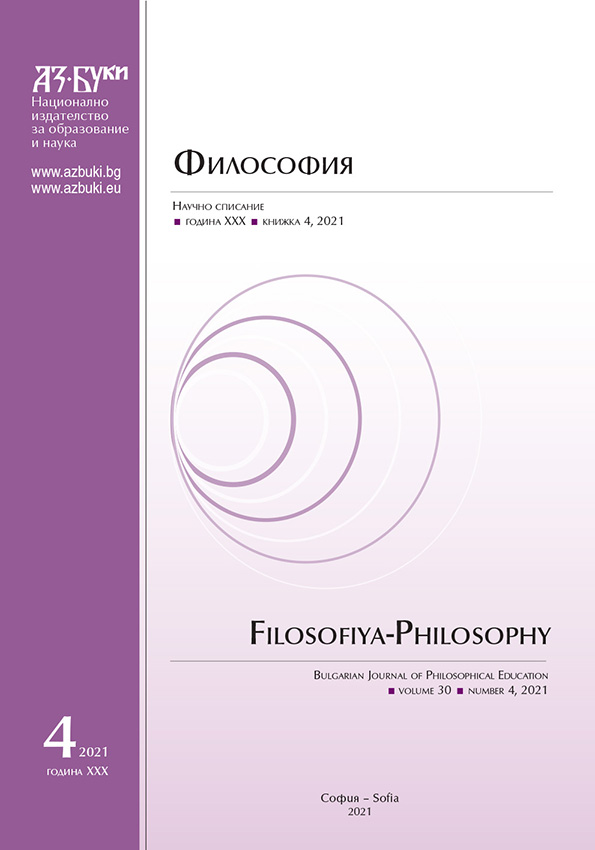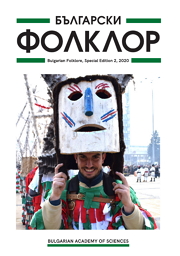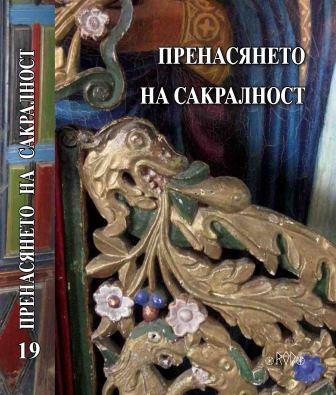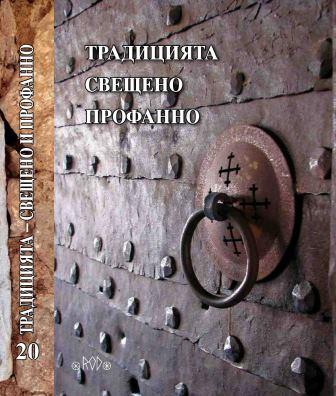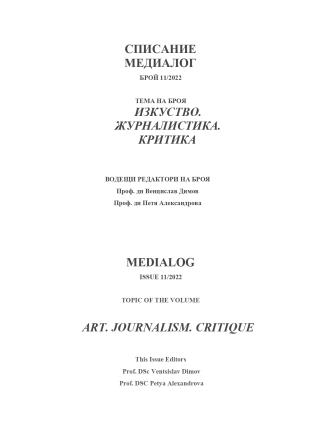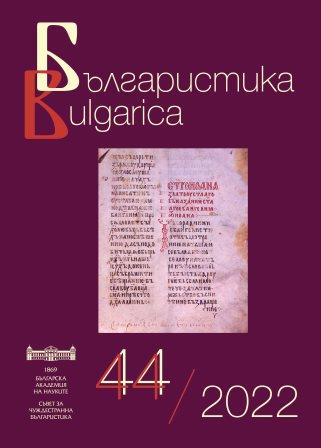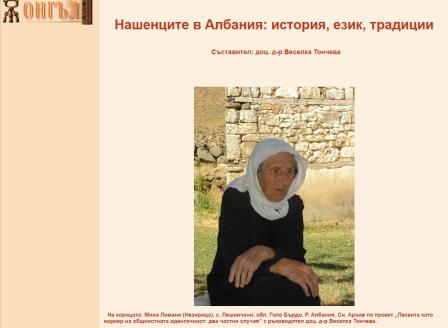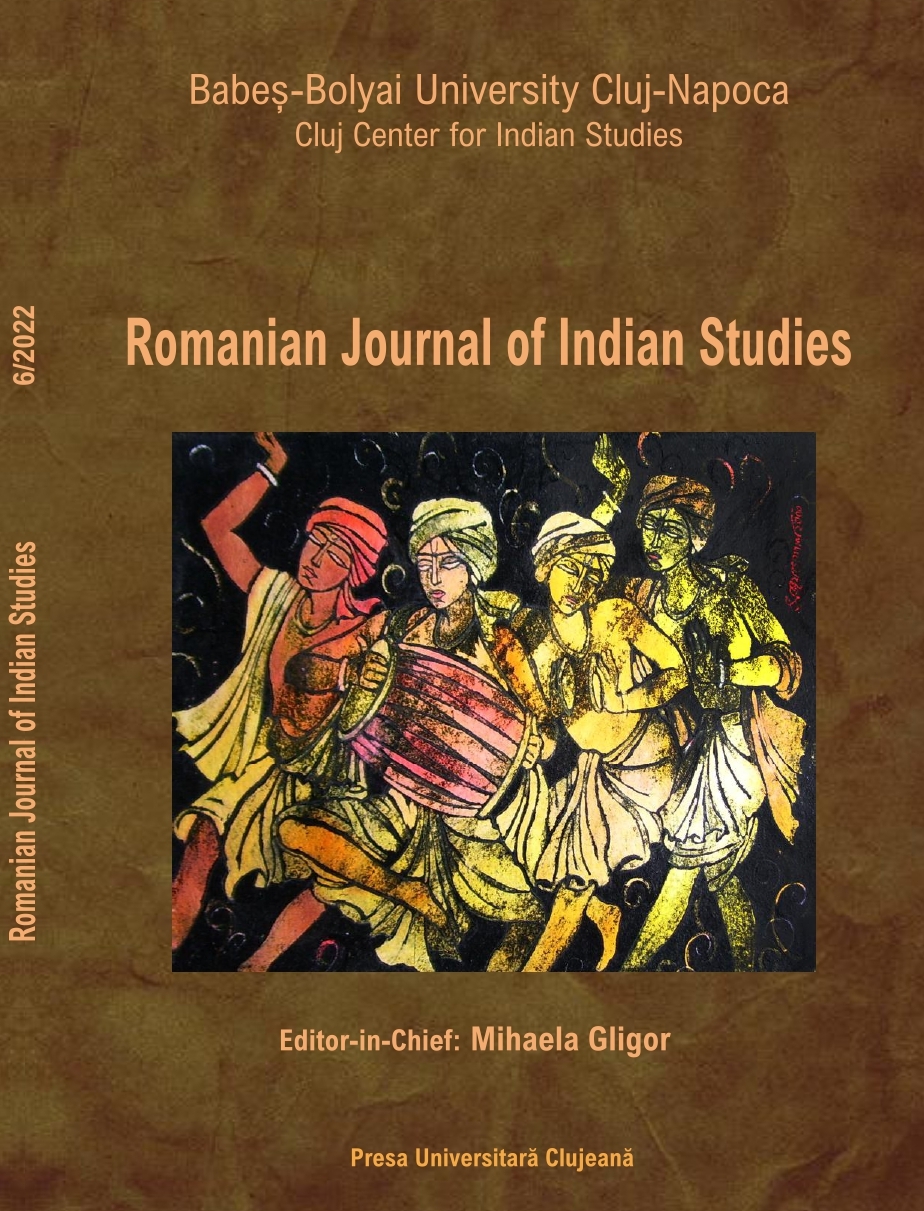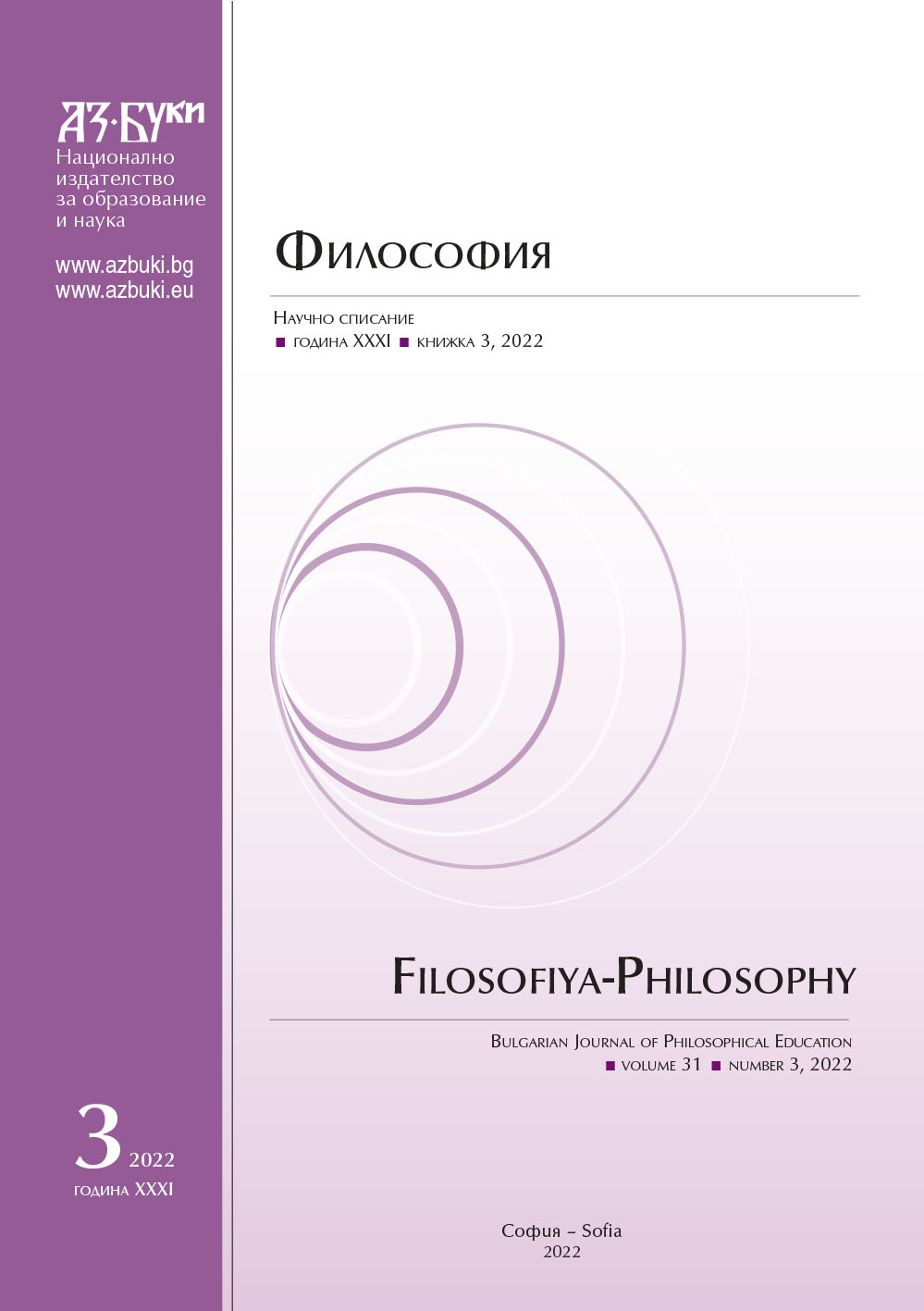Author(s): Trajce Nacev,Dragan Veselinov / Language(s): Macedonian
Issue: 19/2021
On the entire territory of the eastern regions of the Republic of North Macedonia, archaeological research and historical sources confirmed only the Bishopric of the city of Bargala as the first and so far the only bishopric. Beside the bishopric as the main church seat, there were also 453 Christian centers with lower rank than that of a bishopric, which have great merit for the spread of Christianity in other parts of the eastern regions of the Republic of North Macedonia. Based on the number of discovered basilicas and early Christian single-naved churches on the territory of the eastern regions of the Republic of North Macedonia, as Christian centers we can distinguish the following: - Maleshevija – Pehcevo: three-naved basilica on the site St. Petka and the three early Christian churches on sites: Skalata – village Ciflik, Manastir and Lesje in the village Spikovo. - Vinica with the two three-naved basilicas at the sites: Gorica and Kale. - Pijanec: Dulica with the three-naved basilica at the site Begov Dab, and the single-naved churches at the sites: Manastir, Seliste – St. Ilija, Keramidnica and Crkva. - Demir Kapija with three-naved basilicas at the sites: Manastir and Crkviste and the single-naved church at the site Kale – Strezov Grad – village Celevec. - Nov Dojran: the early Christian centre Nov Dojran with the three-naved basilica at the site Crkviste, and the singlenaved church at the site Manastir. - Vraninci (Kocani), with single-naved churches at the sites: Gramadi, Grobista and Seliste. - Kochani: Morodviz, has been discovered the church complex Crkvishte with two early Christian churches and one medieval church, dating from the 5th to 12th century, and the early Christian center Vraninci, in the area of which three single-church early Christian churches have been discovered, Gramadi, Grobista and Seliste. - Kratovo with Konjuh, on the territory of which three basilicas were discovered, two at the site Golemo Gradiste and one at the site Kshla. - Strumica, we will separate the city of Strumica with two early Christian basilicas, discovered at the sites of St.15 Martyrs of Tiberiopolis and Orta Mosque. - Stip, besides the Bishopric of Bargala, a great contribution to the spread of Christianity, there is also an early Christian center of Krupishte, 454 located in the middle of Bregalnica, in whose territory are discovered: the cathedral temple and the single-naved Early Christian church at the local church Kale, the three-naved church under the foundations of the medieval church of St. Nicholas. Early Christian centers (basilicas and single-nave churches) were demolished during the increasingly frequent attacks by the Avar – Slavs, late 6th – early 7th century. From the 8th century until the 14th century, until the arrival of the Ottomans in this region, нew sacred buildings were built above the foundations of most basilicas and single-nave churches, which continued to spread Christianity in the eastern areas of the Republic of North Macedonia.
More...


